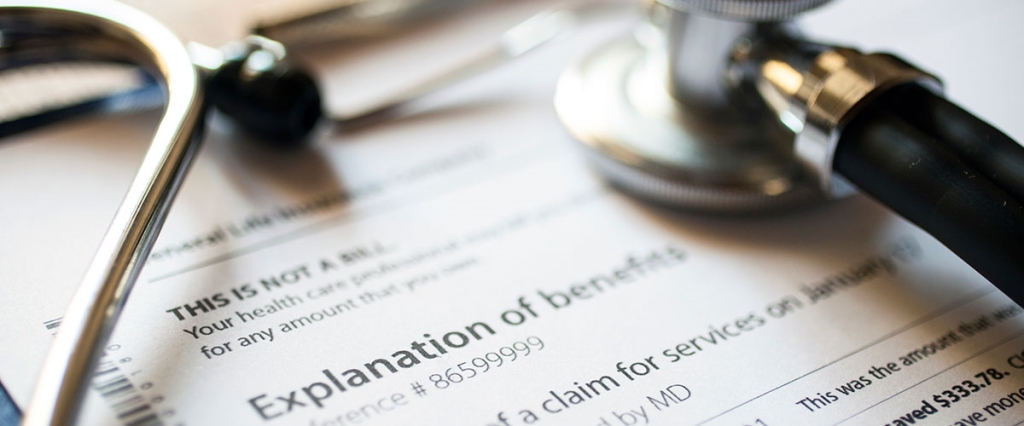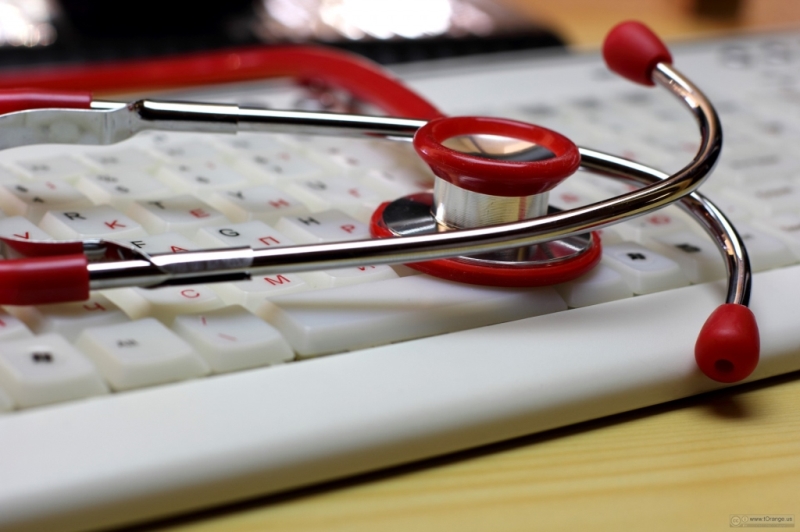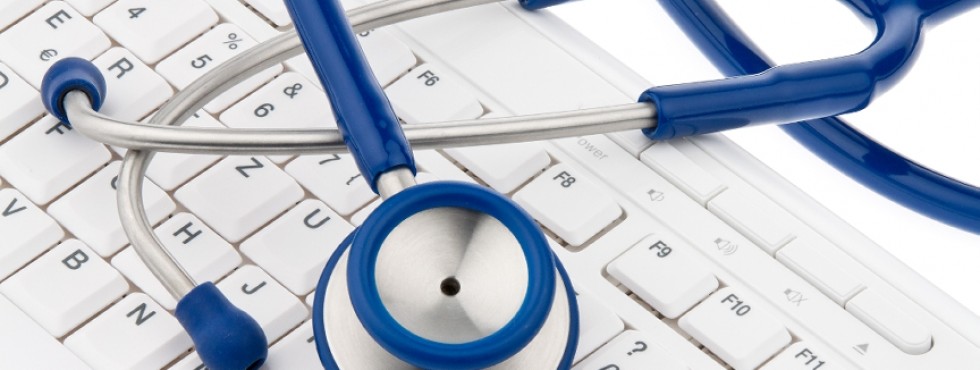Introduction:
In the ever-evolving landscape of healthcare, medical billing and coding professionals play a crucial role in ensuring that medical facilities run smoothly and efficiently. Mastering the art of medical billing and coding can open up a world of opportunities for individuals looking to embark on a rewarding career in the healthcare field. In this comprehensive guide, we will explore the ins and outs of medical billing and coding, highlighting the skills needed, the career prospects, and the steps you can take to start your journey towards becoming a successful medical billing and coding specialist.
What is Medical Billing and Coding?
Medical billing and coding are two essential functions in the healthcare industry that involve the process of submitting and following up on claims with health insurance companies in order to receive payment for services rendered by healthcare providers. Medical coders translate medical diagnoses and procedures into universal alphanumeric codes, while medical billers use these codes to generate and submit claims for reimbursement.
Skills and Qualifications Needed:
To excel in the field of medical billing and coding, individuals need to possess a specific set of skills and qualifications. Some of the essential skills include:
– Attention to detail: Medical billing and coding require a high level of accuracy to ensure that claims are processed correctly.
– Knowledge of medical terminology and anatomy: Understanding medical terms and body systems is essential for accurately assigning codes.
– Proficiency in coding systems: Familiarity with code sets such as ICD-10, CPT, and HCPCS is crucial for coding accurately.
– Communication skills: Medical billers and coders often need to communicate with healthcare providers, insurance companies, and patients.
Career Prospects:
The demand for skilled medical billing and coding professionals is on the rise, making it an attractive career choice for individuals looking for job security and growth opportunities. According to the Bureau of Labor Statistics, employment of medical records and health information technicians, which includes medical billers and coders, is projected to grow 8% from 2019 to 2029, much faster than the average for all occupations.
Benefits and Practical Tips:
– Job flexibility: Medical billing and coding professionals can work in a variety of healthcare settings, including hospitals, physician offices, and insurance companies.
– Competitive salaries: The median annual wage for medical records and health information technicians was $42,630 in May 2019.
– Career advancement opportunities: With experience and additional certifications, medical billers and coders can advance to supervisory or management positions.
Steps to Start Your Career:
1. Obtain the necessary education: Many employers require medical billing and coding professionals to have a postsecondary certificate or associate degree in medical billing and coding.
2. Gain practical experience: Consider completing an internship or externship to gain hands-on experience in a healthcare setting.
3. Obtain certifications: While not always required, certifications such as Certified Professional Coder (CPC) or Certified Coding Specialist (CCS) can enhance your job prospects.
4. Stay updated on industry trends: Medical billing and coding guidelines are constantly evolving, so it’s important to stay current on changes and updates in the field.
Case Study:
Emily, a recent graduate with a certificate in medical billing and coding, landed a job at a busy medical clinic in her area. With her attention to detail and knowledge of coding systems, she quickly became an integral part of the billing team. After gaining some experience, Emily decided to pursue certification as a Certified Professional Coder (CPC) to advance her career further. Today, Emily enjoys a rewarding career in medical billing and coding, helping healthcare providers get reimbursed for their services.
Conclusion:
Mastering the art of medical billing and coding can pave the way for a fulfilling and successful career in the healthcare industry. By honing your skills, staying updated on industry trends, and pursuing certifications, you can become a valuable asset to healthcare facilities and enjoy job security and growth opportunities. Whether you’re just starting out or looking to advance your career, a career in medical billing and coding can be a rewarding path towards professional success.



